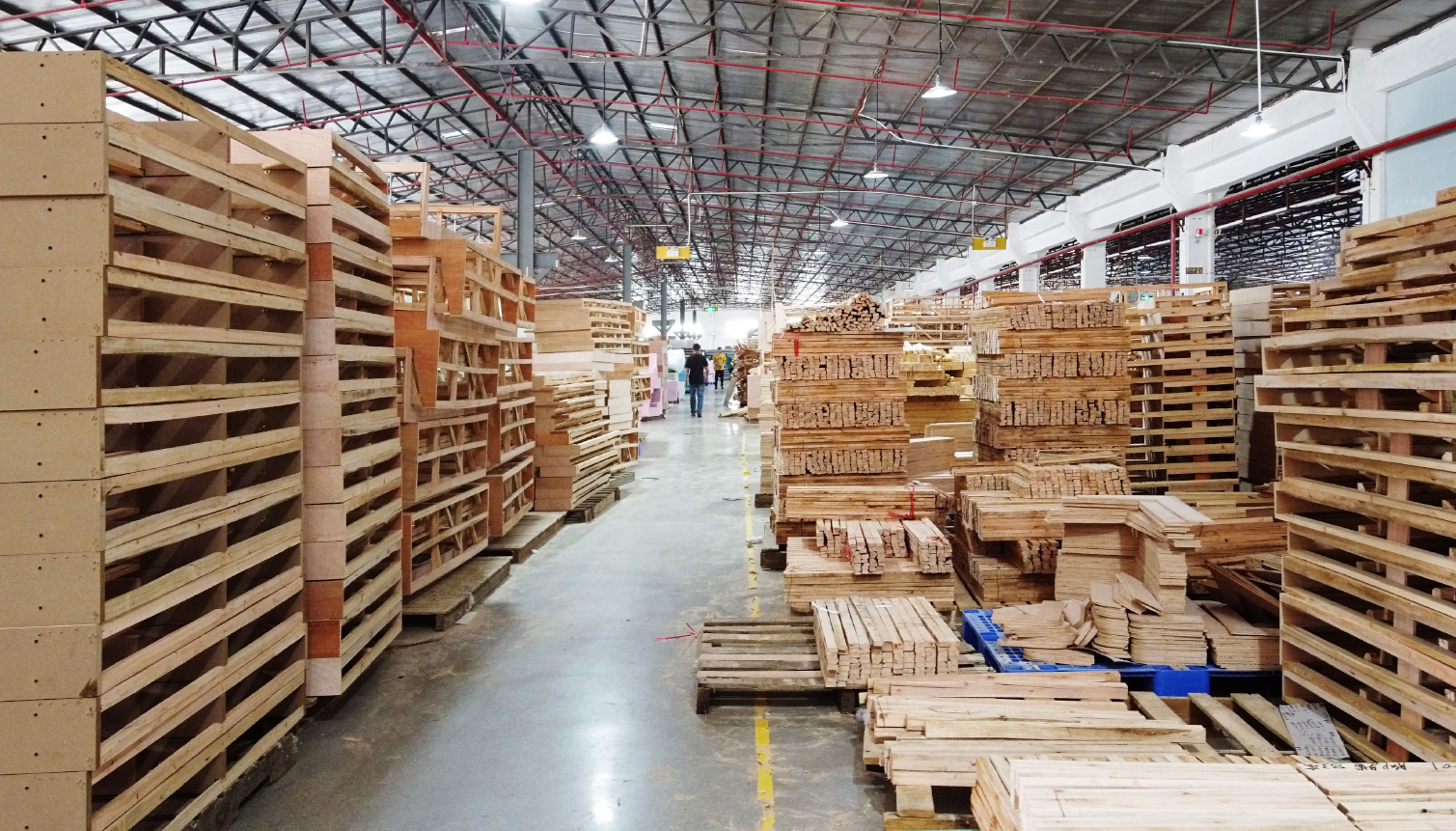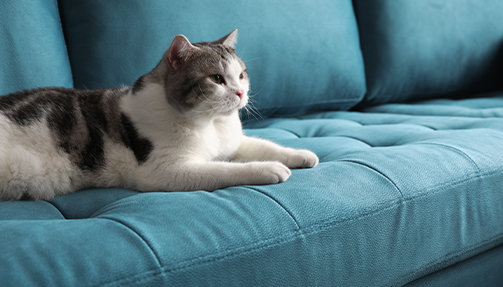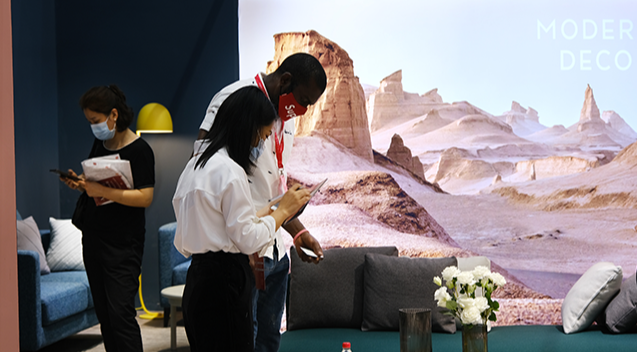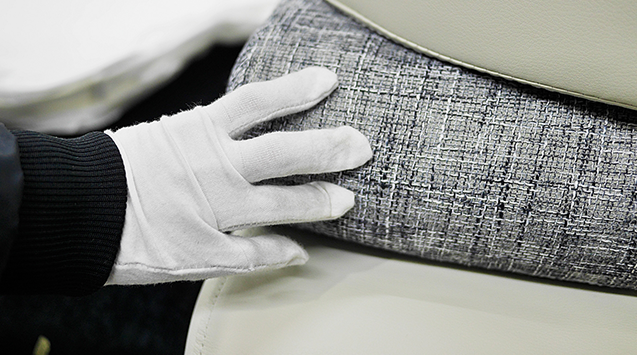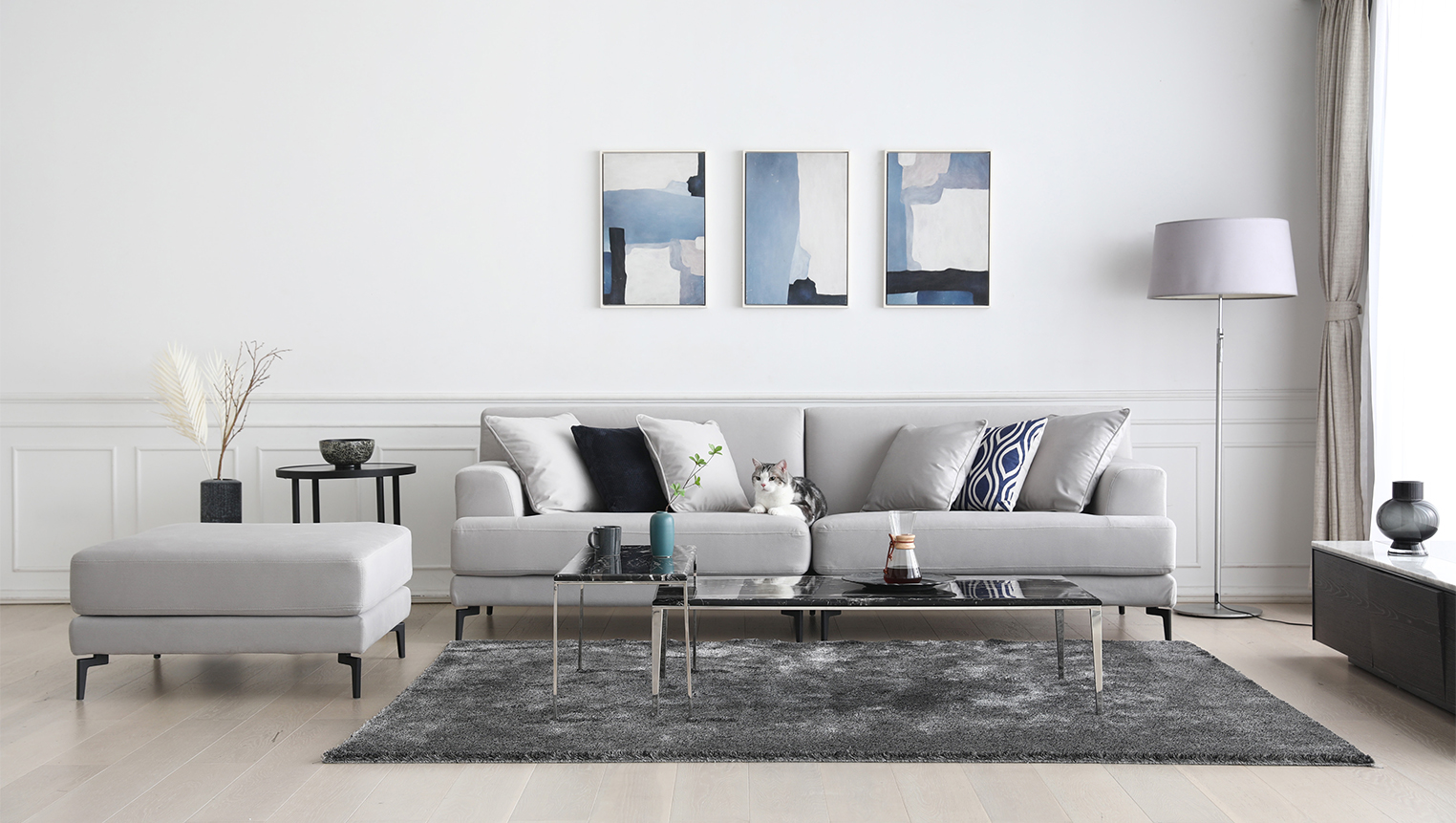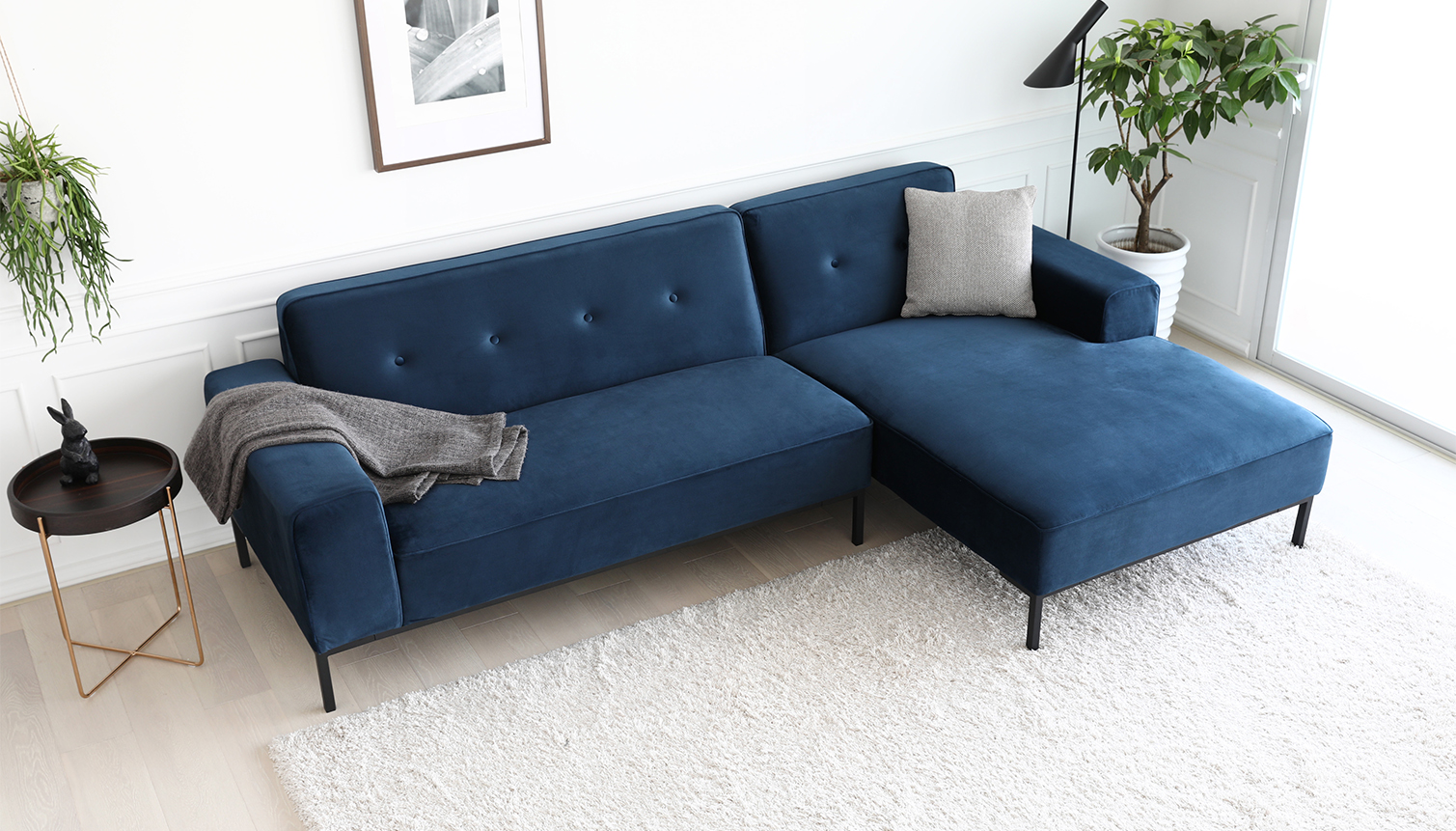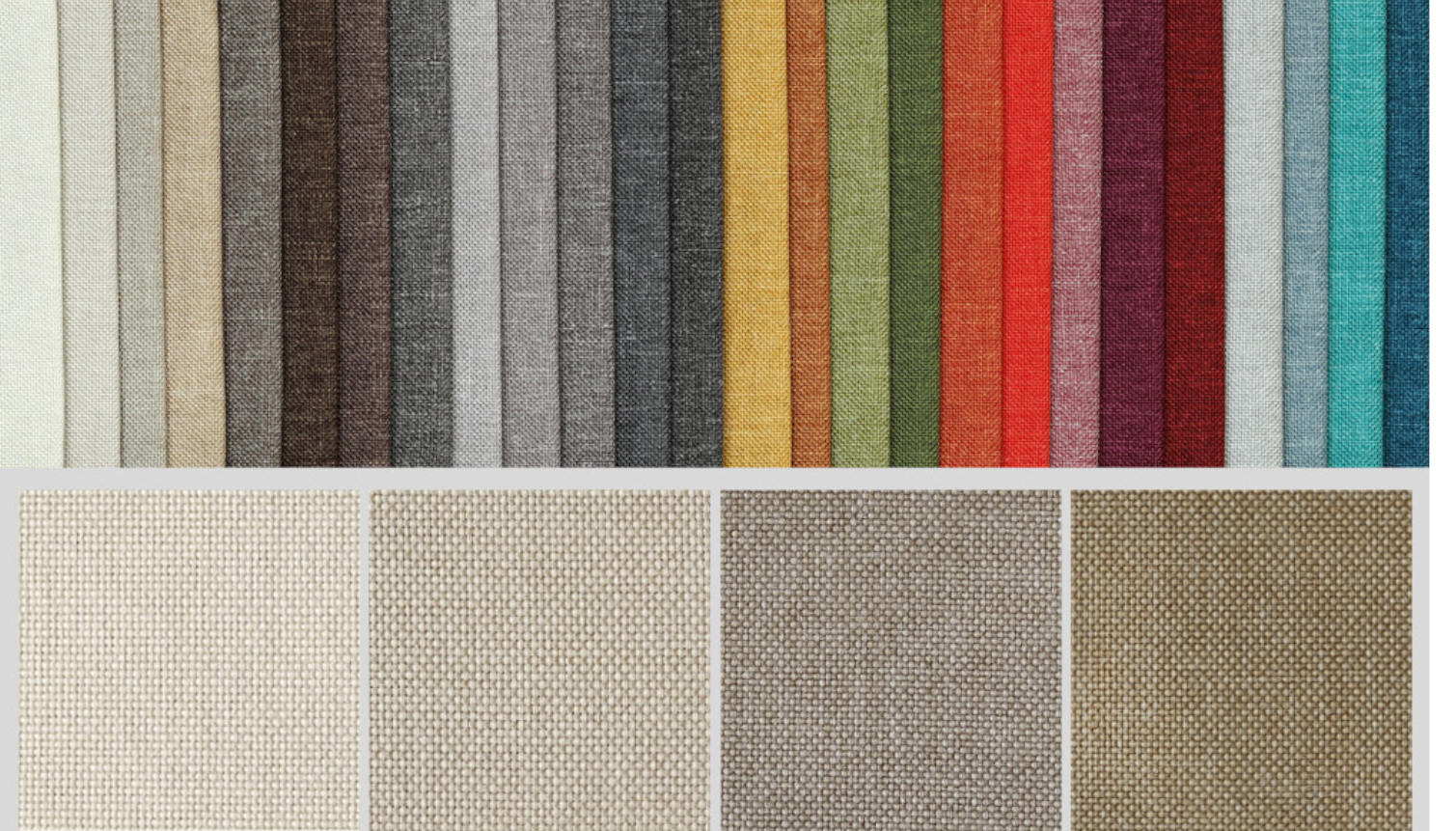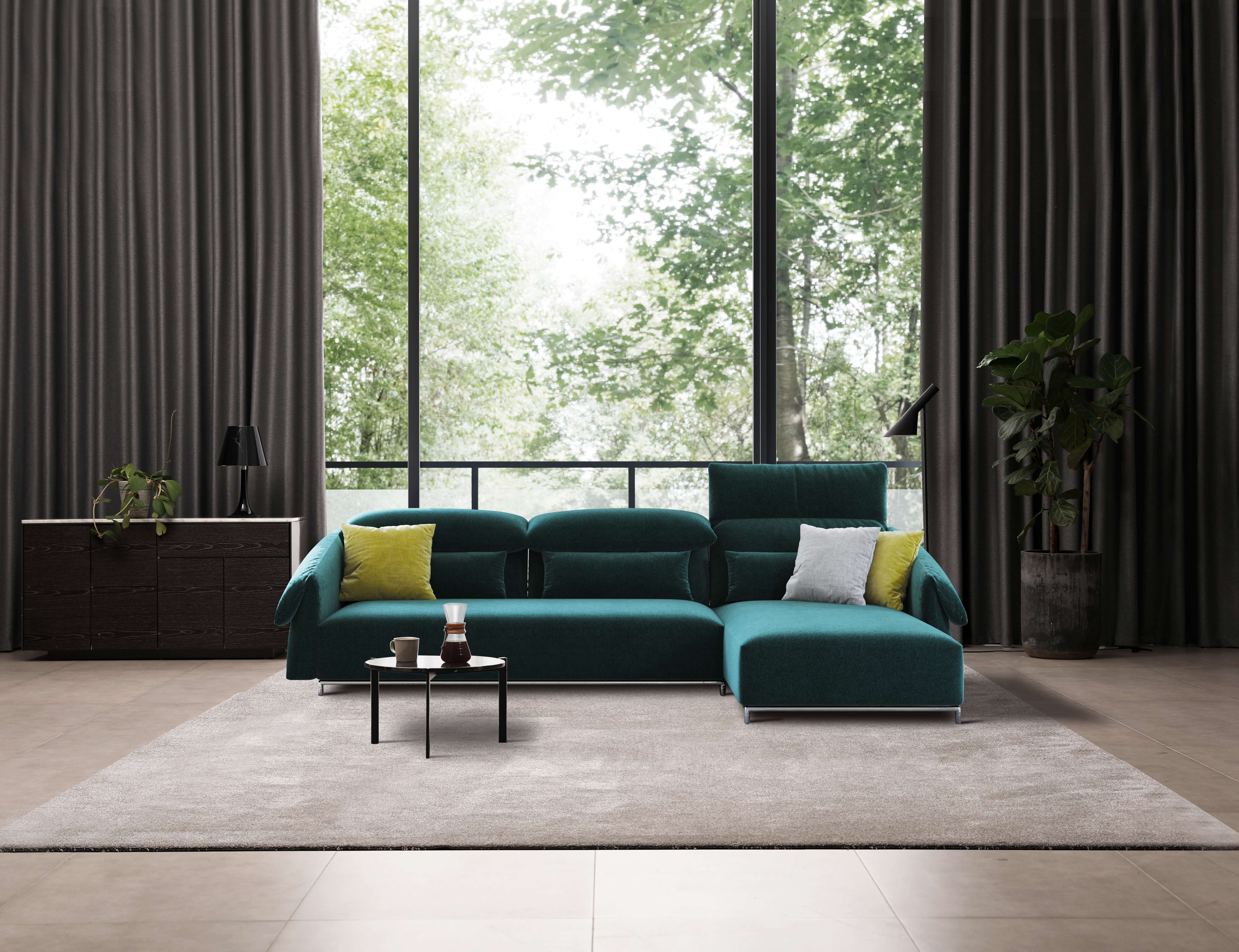What Is the Best Choice for Sofa Wood Frame?
Wood is a natural and renewable resource, making it the ideal choice for the wooden frames of soft sofas and is often favored by sofa manufacturers. However, due to the wide variety of wood types, we need to consider multiple factors when selecting wood, including cost, durability, ease of processing, and environmental performance. Below is a detailed analysis of the pros and cons of common woods used for soft sofa frames.
Birch Wood
Advantages:
Hardness and Strength: Birch is a hardwood with high hardness and strength, suitable for bearing the weight of sofas and the pressure of daily use.
Stability: Birch has a uniform wood fiber structure with minimal shrinkage, resulting in a stable wooden frame that is less prone to deformation.
Machinability: Birch is easy to process and can produce finely structured wooden frames, suitable for complex designs.
Appearance: Birch has a uniform color and clear texture, making it aesthetically pleasing and suitable for high-quality sofa frames.
Disadvantages:
Cost: Birch wood is relatively expensive, which may increase production costs.
Weight: Birch has a higher density, and the resulting sofa frames may be heavier, affecting the maneuverability and placement of the sofa.
Resource Limitation: High-quality birch resources are relatively limited, which may affect supply stability.
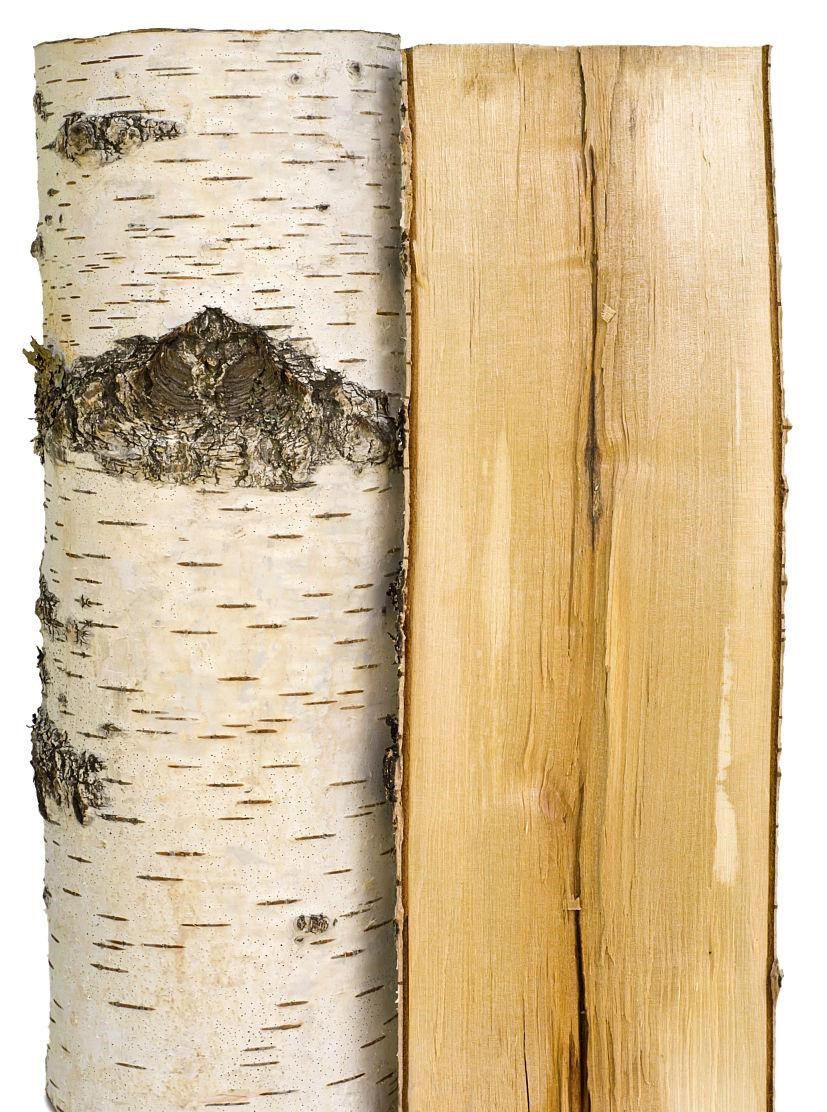
Pine Wood
Advantages:
Cost-Effectiveness: Pine is an economical type of wood with lower costs, helping to reduce production costs.
Easy to Process: Pine is easy to work with, suitable for mass production.
Good Structural Performance: Pine has good elasticity and toughness, capable of withstanding a certain amount of pressure.
Natural Insect Resistance: Some varieties of pine contain natural resin that provides insect resistance.
Disadvantages:
Stability: Pine has higher shrinkage and expansion rates, making it prone to deformation due to environmental influences.
Hardness: Compared to birch, pine is less hard and has a relatively weaker compressive strength.
Appearance: The texture and color of pine are not as uniform as birch, which may not be as aesthetically pleasing.
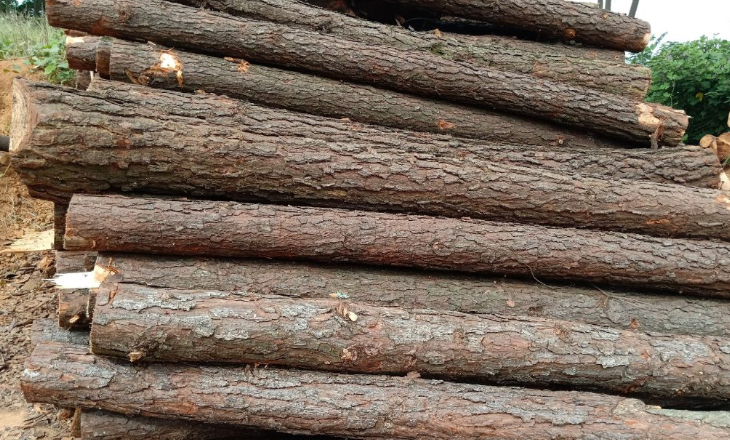
Eucalyptus Wood
Advantages:
High Strength: Eucalyptus has high strength and hardness, suitable for withstanding significant pressure.
Good Stability: Eucalyptus is stable and less prone to deformation.
Weather Resistance: Eucalyptus is highly adaptable to the environment and has good weather resistance.
Abundant Resources: Eucalyptus is relatively abundant, ensuring stable supply.
Disadvantages:
Difficult to Process: Eucalyptus has a harder texture, making it more difficult to process.
Weight: Eucalyptus has a higher density, and the resulting sofa frames may be heavier.
The above three types of wood are commonly used by sofa manufacturers in different parts of the sofa. When we choose a sofa, we can purchase sofas with different wooden frames based on our actual situation.
More events
-
Sofa with Pet-Friendly Fabric
For fabric use, there are variety of fabric collection for sofa manufacturer. We are here to introducing a pet-friendly fabrics with the main advantage being pee wet-free, scratch broken-free, easy clean.
-
CIFF
It is really exceited to share some news from Armonia with you! In here, you can find what we persue is more than a top sofa manufacturer, we are artisans dedicated to transforming concepts into high-quality sofa pieces that stand the test of time.
-
What After-sales Service Will The Sofa Factory Provide?
We believe that delivering high-quality sofas is only the beginning of our commitment to our customers. That's why we offer comprehensive after-sales services to ensure your complete satisfaction.
-
How to Choose A Perfect Sofa for My Living Room?
-
Difference Between Spring Seat Cushions and Foam Seat Cushions
-
The Variety of Fabrics for Sofas: Choosing the Perfect Fit for Style and Comfort
-
What is the interior of a sofa? A Behind-the-Scenes Look at Upholstered Sofa Construction

